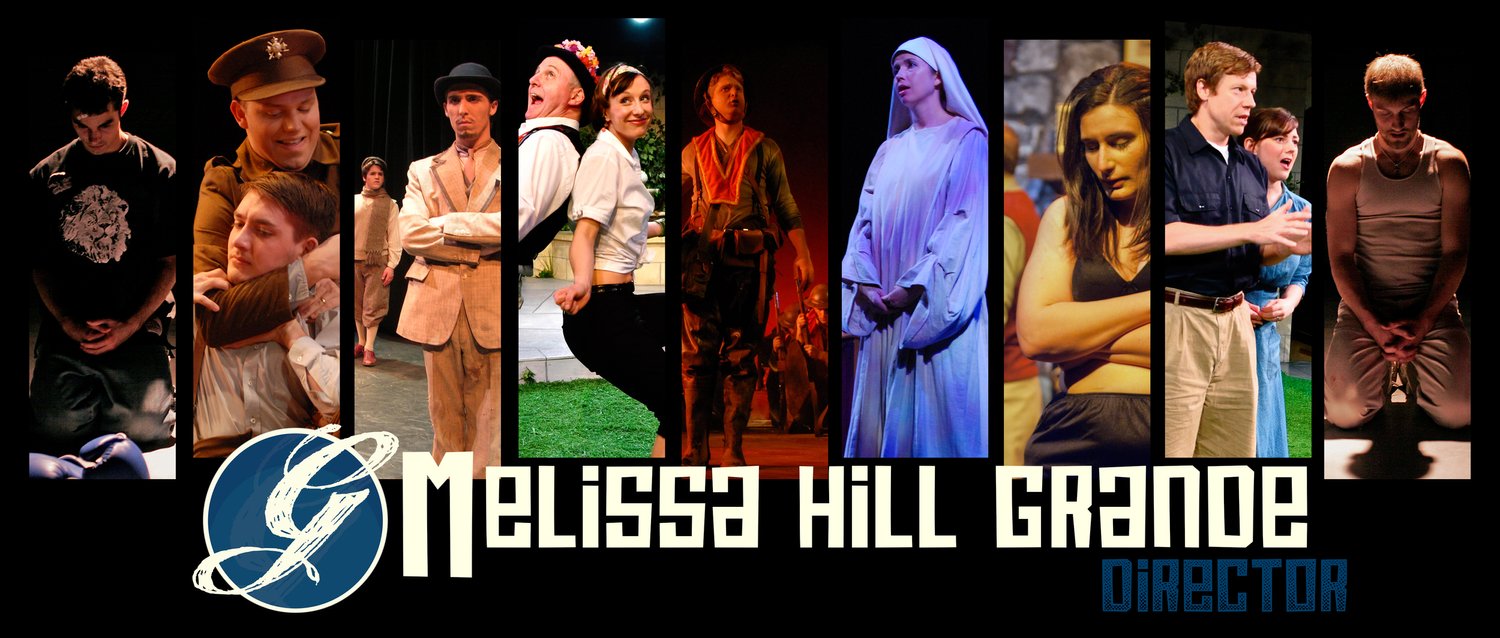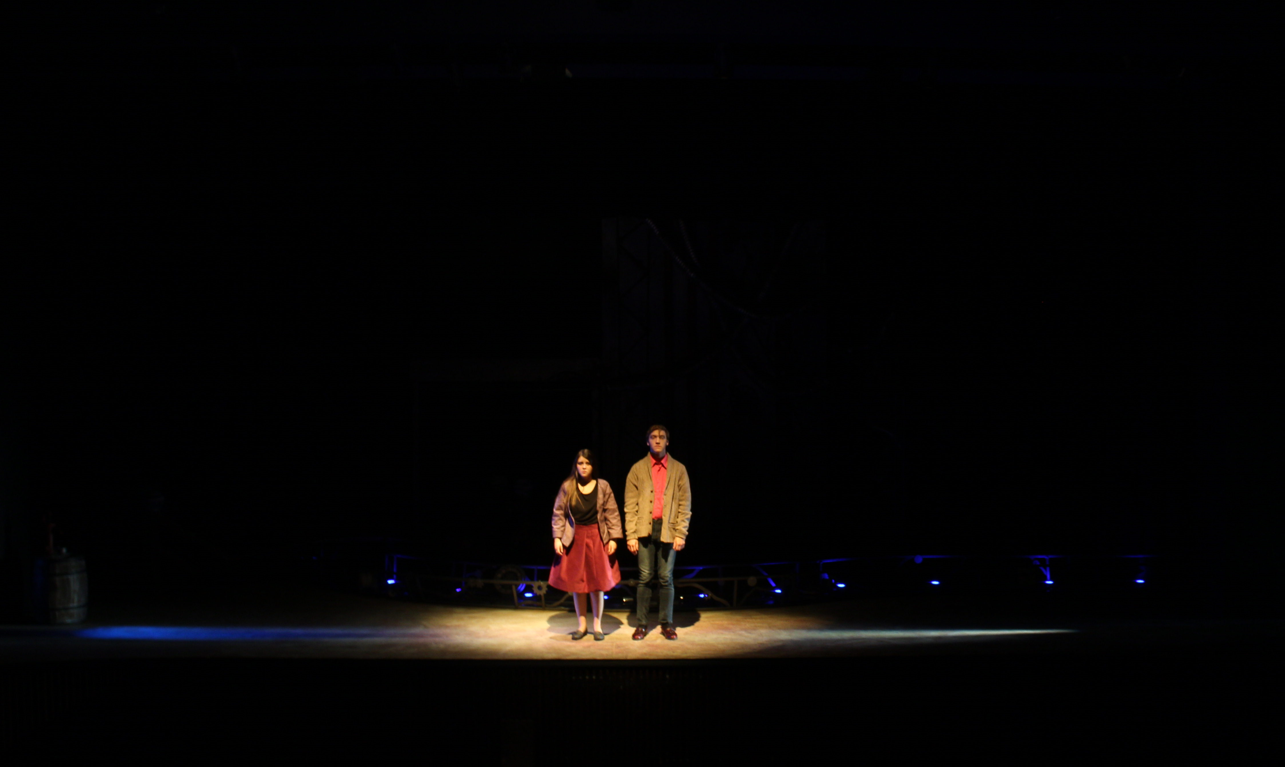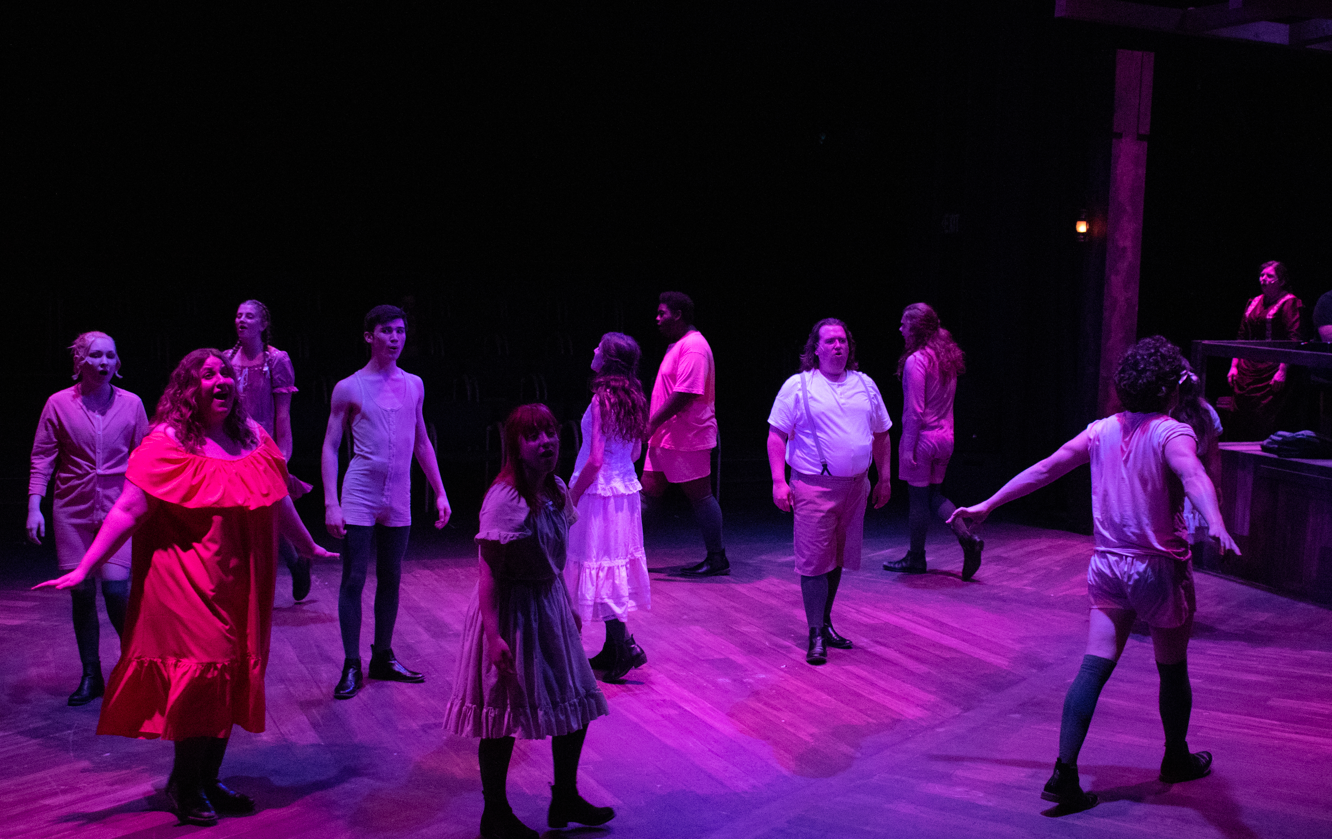My Teaching Philosophy
Theatre thrives on collaboration, demanding a diverse and intelligent ensemble. I prioritize creating positive spaces in my classroom and rehearsal hall where students feel empowered to ask questions and make mistakes without fear. Art hinges on vulnerability, experimentation, and teamwork, making the establishment of trust and respect my foremost task. Fostering an environment of peer-to-peer mentorship is crucial, ensuring students care about and invest in each other's learning and growth. Constructive feedback, both structured and encouraged, forms the backbone of our shared learning experience, benefiting not only the students but also enriching my own understanding through their perspectives.
Great theatre is a process-driven art. While acknowledging the significance of the final outcome, I prioritize a process-driven approach, urging students to live in the moment rather than fixating on the finish line. In this dynamic approach, students are liberated from safe choices, fostering experimentation and creativity. I aim to ignite magic and wonder by steering away from the conventional, encouraging students to overcome the urge to merely check off boxes. By embracing the process, students find their work becoming more specific and truthful, resulting in an expansive, richer, and more vibrant end product. This commitment to process not only enriches the work but also equips artists with a solid foundation when navigating uncharted territories, transforming seemingly overwhelming tasks into manageable increments.
Theatre is demanding—requiring hard work and long hours in every aspect of study and creation. Critical reading and text analysis are fundamental skills for all theatre artists. Actors bring characters to life in three dimensions, a significant step for those overcoming public speaking fears. Designers translate analysis into metaphorical visual representations of the play's world. Directors distill their analysis into a clear narrative for the entire production team. Dramaturges, skilled researchers, also excel in oral and written communication. None of this is quick or easy. Like most meaningful endeavors, there are no shortcuts to excellence. If it's not done well, why do it at all?
Teaching is my passion because it allows me to celebrate the unique strengths of each student. Every day brings new and exciting challenges as we explore and build upon their talents and passions. Over my nineteen years at Marietta College, witnessing students blossom and maintaining long-term connections has been incredibly rewarding. I take pride in guiding former students as they navigate their careers, providing advice and recommendations. The most thrilling aspect of teaching for me is helping students discover and develop their interests, connecting them with professionals in their chosen field. Theatre skills, cultivated in my classes, prove invaluable across diverse career paths. Former students are making their mark in acting, producing, writing, stage management, arts administration, costume design, and more. Equally significant are those thriving in law, business, parenting, technology, and healthcare. Their time in collegiate theatre taught them teamwork, collaboration, communication, confidence, and a strong work ethic. While my role may have been small, my pride in their achievements is boundless.
Theatre deepens empathy. Engaging with rival ideologies is more challenging than dismissing them, yet theatre demands open-hearted engagement with characters from diverse backgrounds. I emphasize teaching theatre that explores unfamiliar and underrepresented cultures, encouraging students to confront ideas they may not have encountered otherwise. A crucial topic in my classroom is minority representation. Unlike my undergraduate experience focused on the straight, white male canon, my students explore the work of artists who are female, LGBTQIA+, and from different nationalities and ethnicities. It's essential for all students to see themselves represented, fostering enrichment through exposure to diverse voices. Understanding characters unlike themselves enables students to better relate to and empathize with others in real life.





